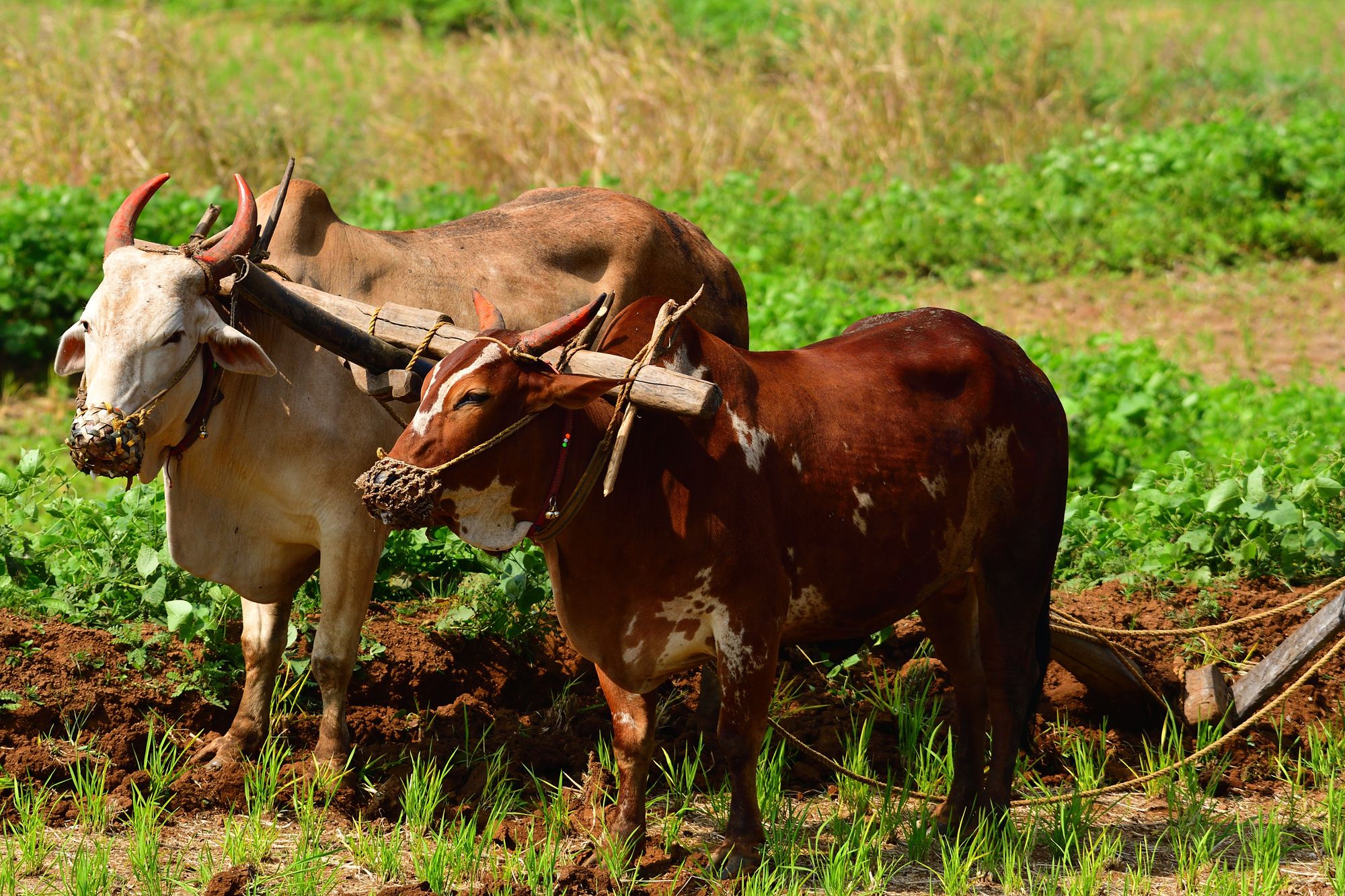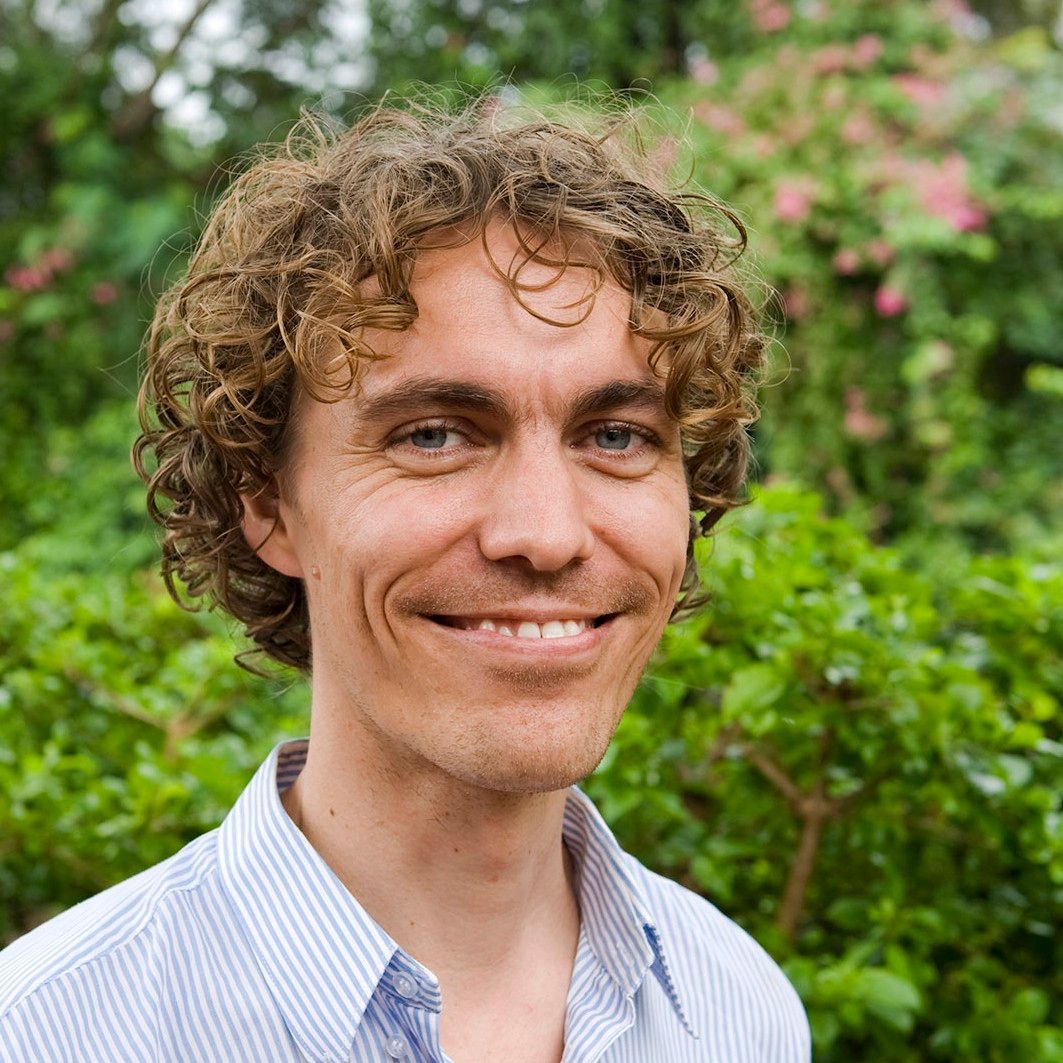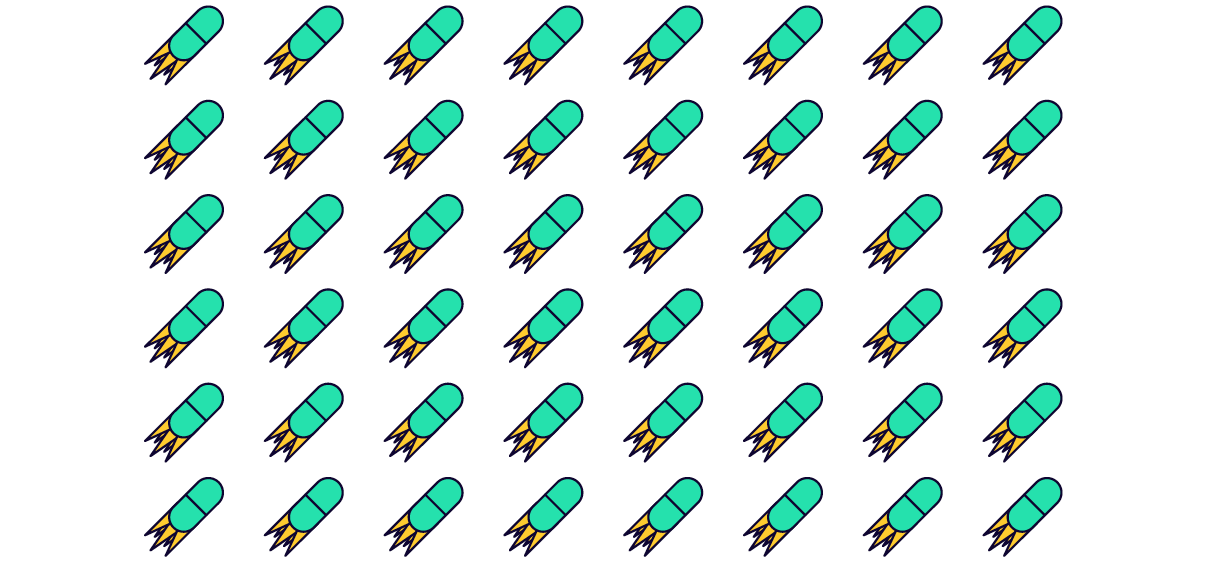Gijs Spoor has been living in India for about 18 years, mainly working with farmer groups and early stage social entrepeneurs from all types of backgrounds. He has been working for Regen Foundation for the past month and a half, looking after the endowment program. The program looks out for non-commercial stakeholders that are not yet involved in the Regen Network.
Regen Network is also looking for groups of stakeholders who can give a voice and participate in human decision-making processes governing the technology platform. The idea is to help groups understand how Regen works and build a platform they own, to participate in governance and the Regen economy in ways that should fundamentally shape the future of Regen.
Gijs lives in one of the world’s largest intentional communities, Auroville, amongst 3,000 other people from 50 different countries. This community works on regenerative forestry, planting indigenous species from the Southern part of the country.
For me, tokenisation in general offers the chance for citizens to take back control of the economy rather than just being a participant in the system which is designed by somebody else far away - you know some central bank or central government or central something. - Gijs Spoor
Through his work, Gijs sees a lot of potential in tokenisation and how this can be used by rural communities.
Considering carbon, there's considerable potential to include this in local tokenised economies, for instance as part of a mutual credit system. Imagine credit linked to the health of your forest, soil or water, which you could use as a flywheel to colateralise liquidity in your local community and invest in long-term prosperity that is backed by real natural assets. Through these local economy mechanisms, people can rebuild and strengthen local-to-local relationships.
I see opportunity to use the (carbon) market for people to become independent of the (monetary) market.
If you start to focus too much on the token, you risk forgetting what the token stands for.
These things are easy to implement in stuff that you can measure and most stuff that you can measure is not the stuff that matters most.
Gijs says the things that matter most are how we care for one another, feel empathetic towards each other, and build relationships of trust, which is difficult to tokenise.
If systems are too complicated to be re-engineered by end-users, this can undermine the best intentions of these systems. In most communities people aren't used to seeing themselves as the creators of systems and that's not generally the mode in which they participate. So you risk creating a type of 'middle layer' where a token engineer will show up and say, "this is your system and if you have a problem you have to come back to me because you don't understand it." How do we reduce these risks of communities becoming dependant on token engineers?
Through the work Gijs has been doing on the ground in India for nearly two decades, he has a practical feet-on-the-ground perspective. You could walk into any village in India and discuss sustainability and regeneration. At the end of the day those very same people will ask how it’s going to solve their needs at the end of the month. How do they pay off debt or rent? How do they put fuel in their motorbike or tractor? For Gijs, using tokenised carbon markets as one of the two legs to walk forward to a sustainable and regenerative future. The other is to connect these tokenised systems to more radical citizen-centric monetary systems that trigger broader systemic changes, such as community currencies.

To achieve this we need to work alongside people who are good at facilitating community involvement, community engagement and community governance –all of which are not new.
We’ve been doing this for decades. Participatory technology is not new.
There are always people who know what works and what doesn’t work, so those are the people that one wants to get involved with so that everyone can build on that experience.






